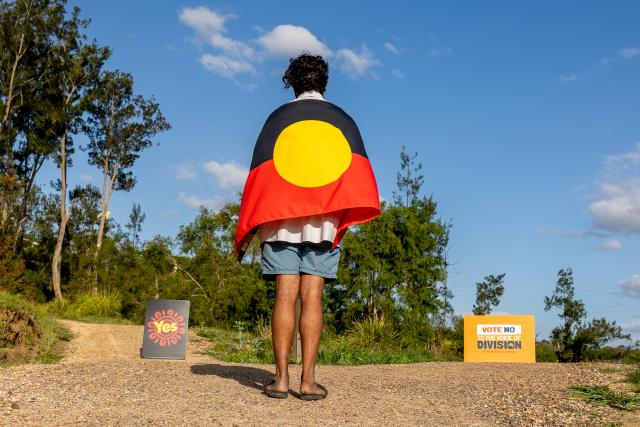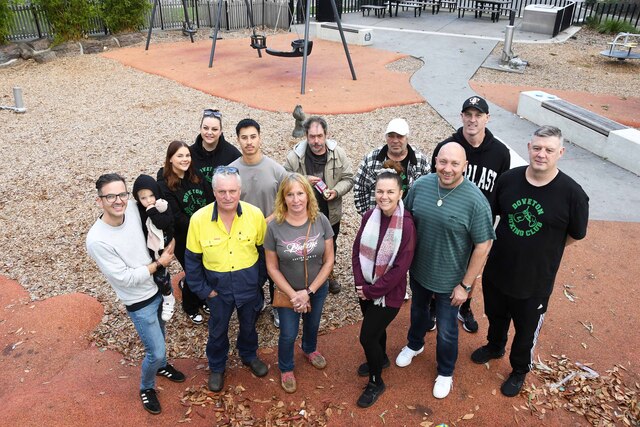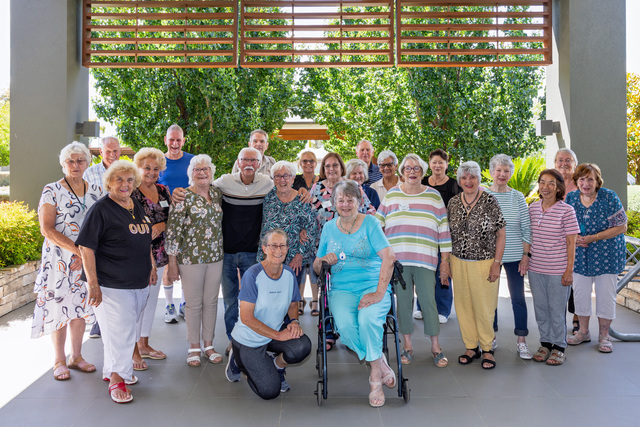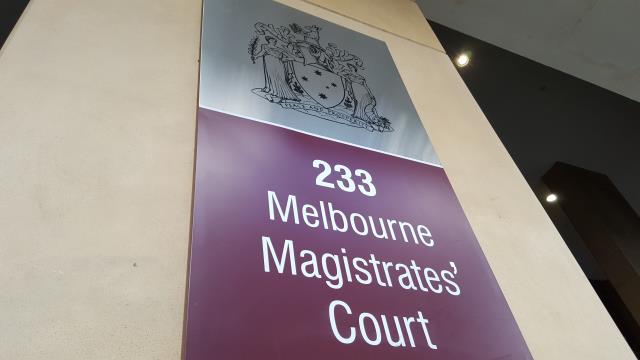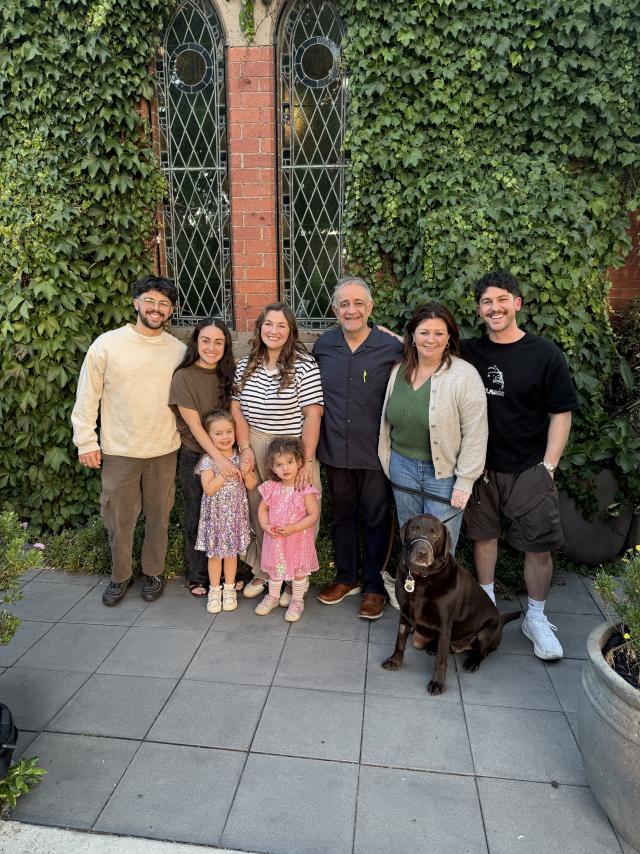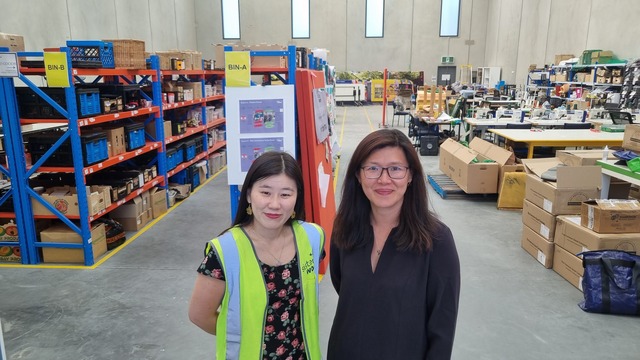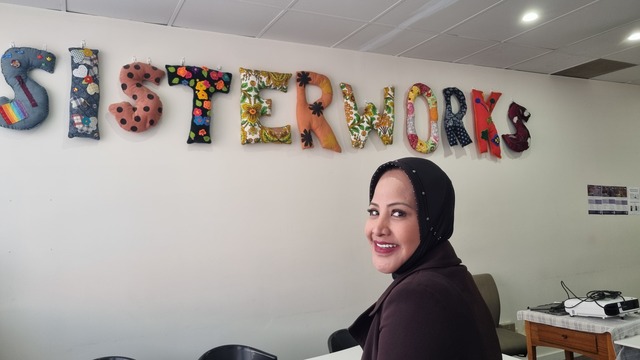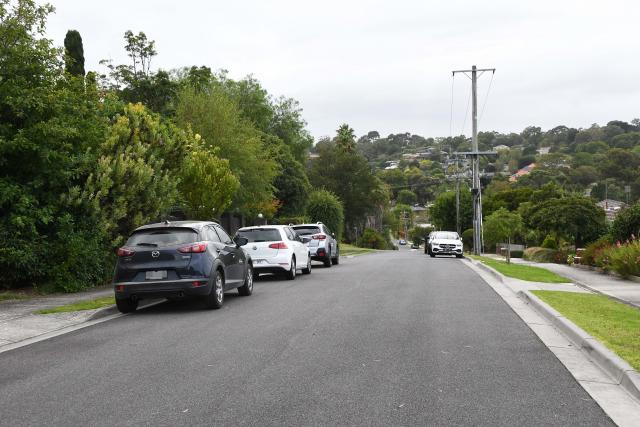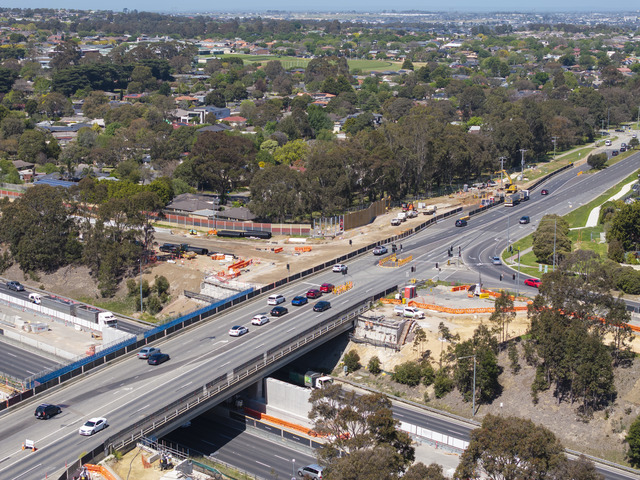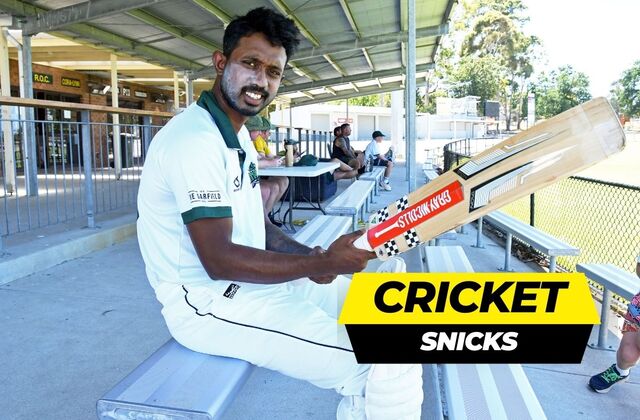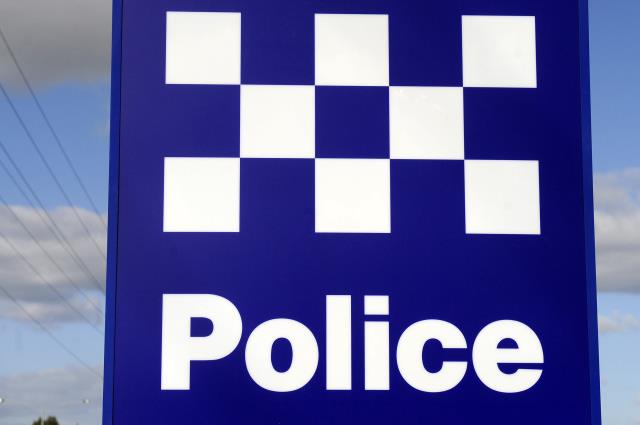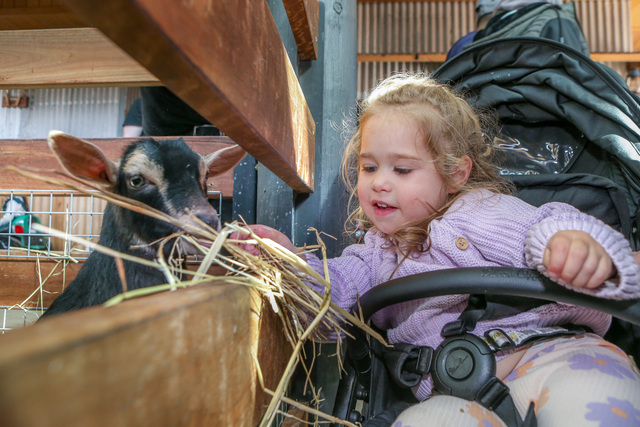Like many Australians, I am very disappointed about the missed opportunity to recognise our First Nations people in the national Constitution and establish a Voice to advise Federal Parliament on policies and issues affecting First Nations people.
Australians have clearly rejected the proposal by over 60 per cent and this would be a hard-to-comprehend result for many of our First Nations people in particular.
There have now been 45 attempts via a referendum to make changes to the Constitution but only eight have been successful with bipartisan support. This means that getting Australians to vote ‘yes’ for a two-in-one proposal to alter the Constitution to recognise the First Peoples of Australia and establish a Voice to Parliament was always going to be a challenging task from the start.
Unfortunately, the Voice became vulnerable to politics and the no campaigners undoubtedly capitalised on the uncertainty and unsubstantiated fear of the “unknown” surrounding the proposal.
There was hope and momentum in having an Indigenous Voice to Parliament. The Voice would have acted as a conduit between the government and the Indigenous people to ensure that Indigenous people are better engaged and consulted when making decisions and policies about them.
Let’s now take some time to reflect and listen back to some of the positive messages and reasonable arguments from both sides during the campaign. There was unity in changing the status quo in how we as a nation should relate and work with our First Nations people but unfortunately, how and in which format were problematic.
It is important to note that many people, when they have made up their minds, would not listen to those with opposing views and this would have been the case in what was a very intense referendum campaign.
Now let’s come together and hear each other’s views on the way forward.
Despite the unsuccessful yes result, there is a renewed energy to improve the lives of our First Nations people by addressing the third-world-like disadvantages that many First Nations people are experiencing today, particularly in the remote parts of Australia including the central and Northern Territory.
The disadvantages that have created a gap between the Indigenous and non-Indigenous Australians include:
· Poorer health outcomes which contribute to shorter life expectancy – currently eight years’ gap.
· Higher infant mortality rates due to limited maternal child health services – pre and post birth.
· Lower socio economic mainly due to unemployment.
· Lower rate of engagement in education and training among young Indigenous Australians.
· Housing crisis in remote towns.
· Over-representation of Indigenous children and young people in juvenile justice system and out-of-home care due to unaddressed challenges facing Indigenous families.
In order to have a meaningful reconciliation with our First Nations people, appropriate and concrete actions need to be taken to address the above disadvantages and ensure progress is being made in all of the Closing the Gap target areas.
Having a Voice to Parliament was one way but there are other ways that the government at all levels can partner with Aboriginal and Torres Strait Islander peoples. For instance, the government can engage directly with community-led organisations that are already working at the grassroots level. There are many of these organisations across the country with credible track records and initiatives informed by local knowledge.
To our First Nations people, may the spirit of determination and your inspirational resilience sustain you all at this time while our political and community leaders figure out the way forward post the Voice referendum outcome. Your resilience and determination have been integral in how far you have come and the many great things that you have achieved to date, including the land rights and to be counted as citizens of Australia.
To fellow non-Indigenous Australians, it is now up to all of us to set our national records straight and do what is right and necessary in order to achieve meaningful reconciliation with our First Nations people. Australia stands alone as the only country in the first world with a constitution that does not recognise its first peoples. We should not give up on amending the Constitution to recognise Aboriginal and Torres Strait Islander peoples as the first people in Australia.
We also need to acknowledge that our First Nations people are still dealing with the long-lasting emotional scars and trauma caused by colonisation and the sequence actions such as dispossession of land and stolen generation. These can be addressed by taking concrete actions towards closing the gap but also, by having a treaty which will enhance self-determination for the First Nations people as well as giving them control over matters that impact their lives. It is encouraging to see Australian states leaders now taking actions towards having a treat with the First Nations people but there is still a need for leadership at the national level.
Let’s write the next phase of our nation’s history by acknowledging the truth about our nation’s past and doing what is right and necessary to ensure that every Australian feels belonged, empowered and is given the opportunity to have a go at reaching their full potential.
Andrew Gai,
Co-founder of the South Sudanese-Australian Academic Society

